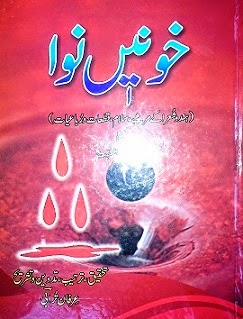Remembering Amin Kamil

Amin Kamil, the poet, the novelist, the researcher, the critic, the organizer, is no more. Yesterday ended a colourful and significant chapter in Kashmir’s cultural history. Gone is a special chapter in the literary history – the great decades long battle of ideas, of perceptions, of sensibilities between giants of Kashmiri literature – Rahi and Kamil intellectual duo is now history. Without judging in ideological terms, and press for adbi fatwas, at least on aesthetic plane, we could enjoy proceedings of literary exchange between “rival” schools of Kashmiri literature. As a student of philosophy and literary criticism, I would draw attention to a couple of points on this day when we are shocked by the absence of a grand man of letters. Our current tragedy – political and cultural – is partly attributable to our amnesia and disowning our best writers. Most of the elderly writers we ignore and leave them to die suffering is a bitter sense of ingratitude from our s...



